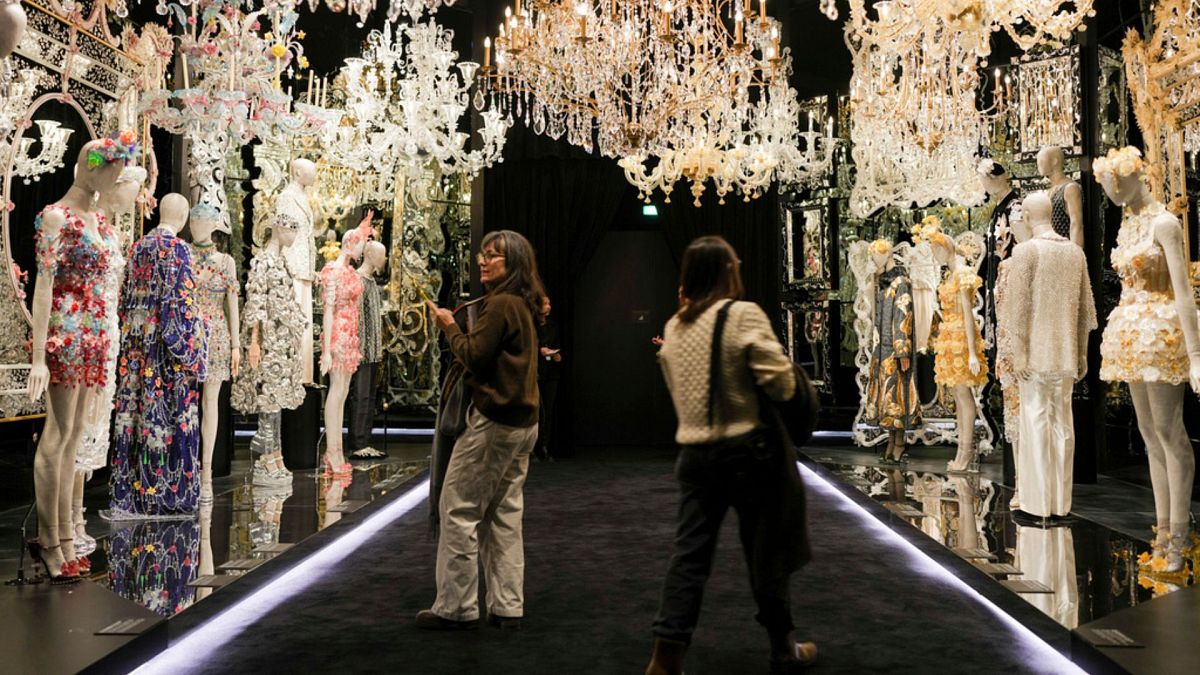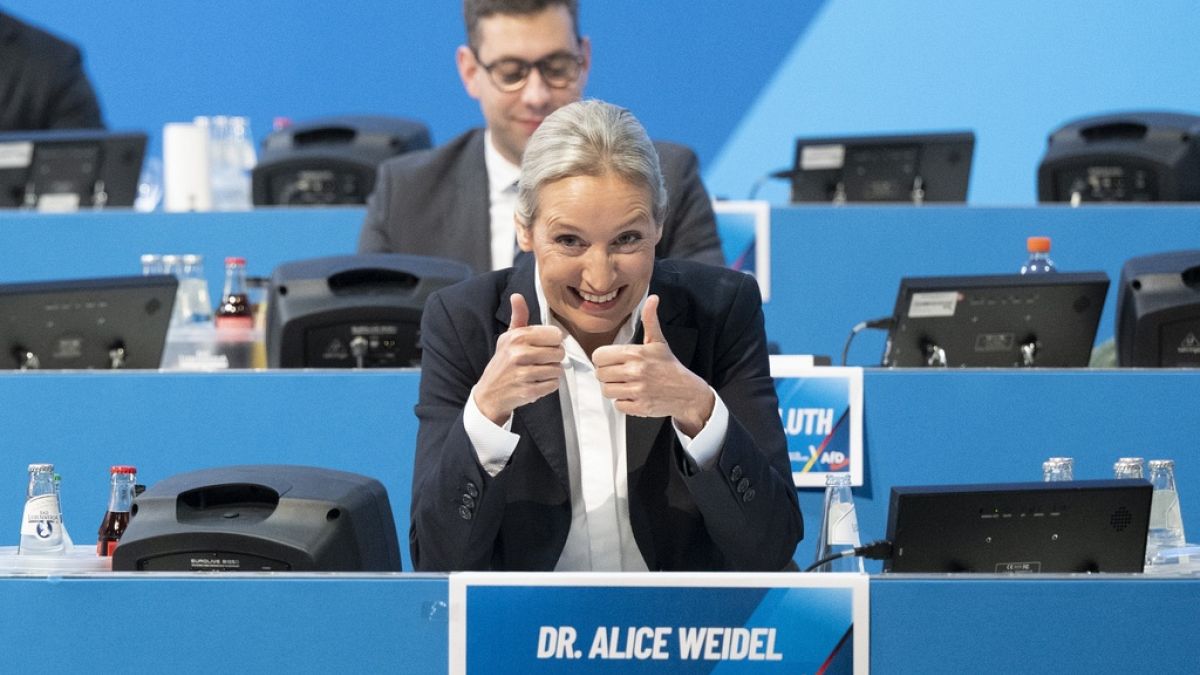Belarus’ Lukashenko to face only pre-approved challengers in election

Alexander Lukashenko, who has led the country for over 30 years, has overseen a brutal crackdown on free media and opposition — which has slammed the upcoming January election as a farce.
Belarus’ election commission on Monday allowed only seven politicians loyal to leader Alexander Lukashenko to start collecting signatures to oppose him in upcoming presidential elections.
Lukashenko, who has led the country for over 30 years, is set to seek a seventh term in January.
The authoritarian ruler faced criticism after he was elected in 2020 in a vote that was rejected by the country’s opposition and the West as rigged with fraud.
The election results triggered nationwide protests and resulted in the arrest of around 65,000 people — many of them opposition figures.
Human rights groups say Belarus holds around 1,300 political prisoners who are denied adequate healthcare and are often forbidden from contacting their families while in prison.
Last week, the country’s election commission registered an initiative group for Lukashenko to prepare for the upcoming election.
Sergei Syrankov of the Communist Party, Oleg Gaidukevich, the leader of the Liberal Democratic Party, and former Interior Ministry spokeswoman Olga Chеmоdanova are three of the seven candidates chosen to start collecting signatures.
The candidates are each required to collect at least 100,000 signatures by 6 December in order to qualify to run in the race.
“Those are alternative candidates, and I believe they just want to safeguard the incumbent,” Lukashenko said of his challengers.
The commission rejected two opposition politicians who requested to register initiative groups.
Sviatlana Tsikhanouskaya, a key figure of the Belarusian opposition who is currently living in exile, has denounced the upcoming elections as a farce.
“This is not an election but an imitation of an electoral process held amid terror when alternative candidates and observers aren’t allowed,” Tsikhanouskaya said.
In February, when the country held parliamentary and local elections, independent Western observers were not invited to monitor the vote for the first time since the country’s independence in 1991.
Additional sources • AP
World News || Latest News || U.S. News
Source link



